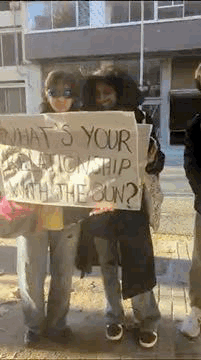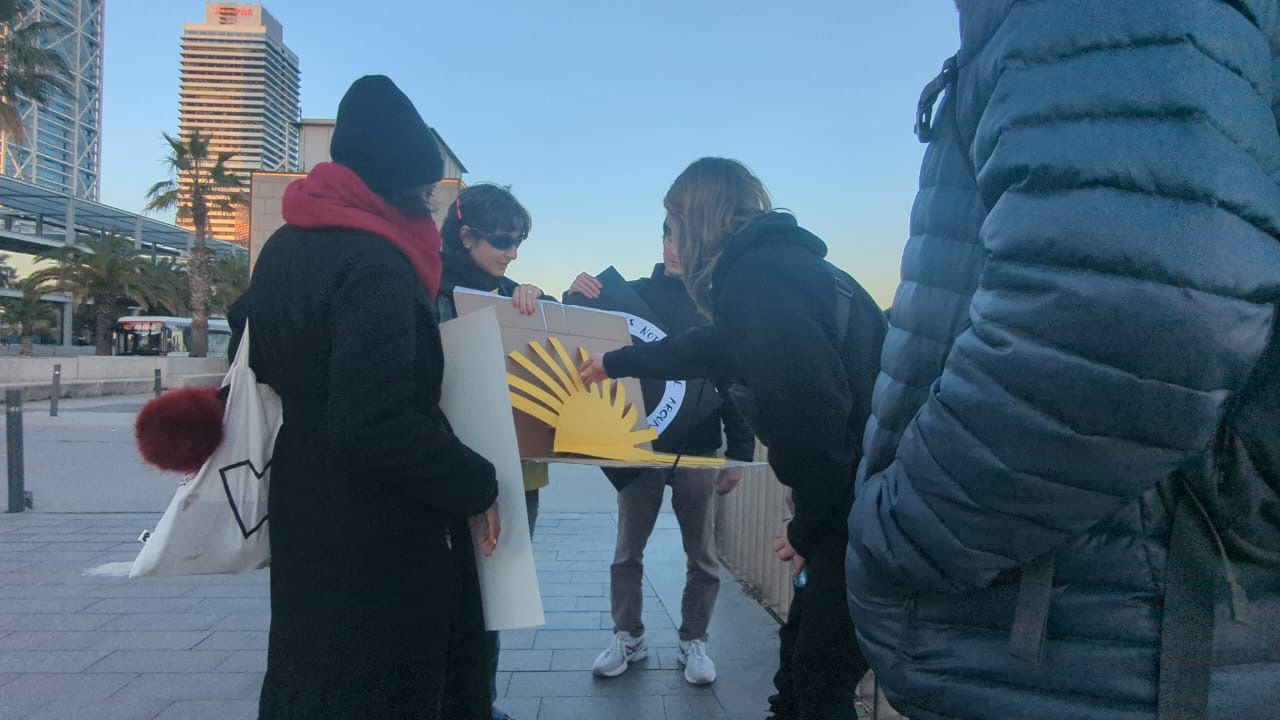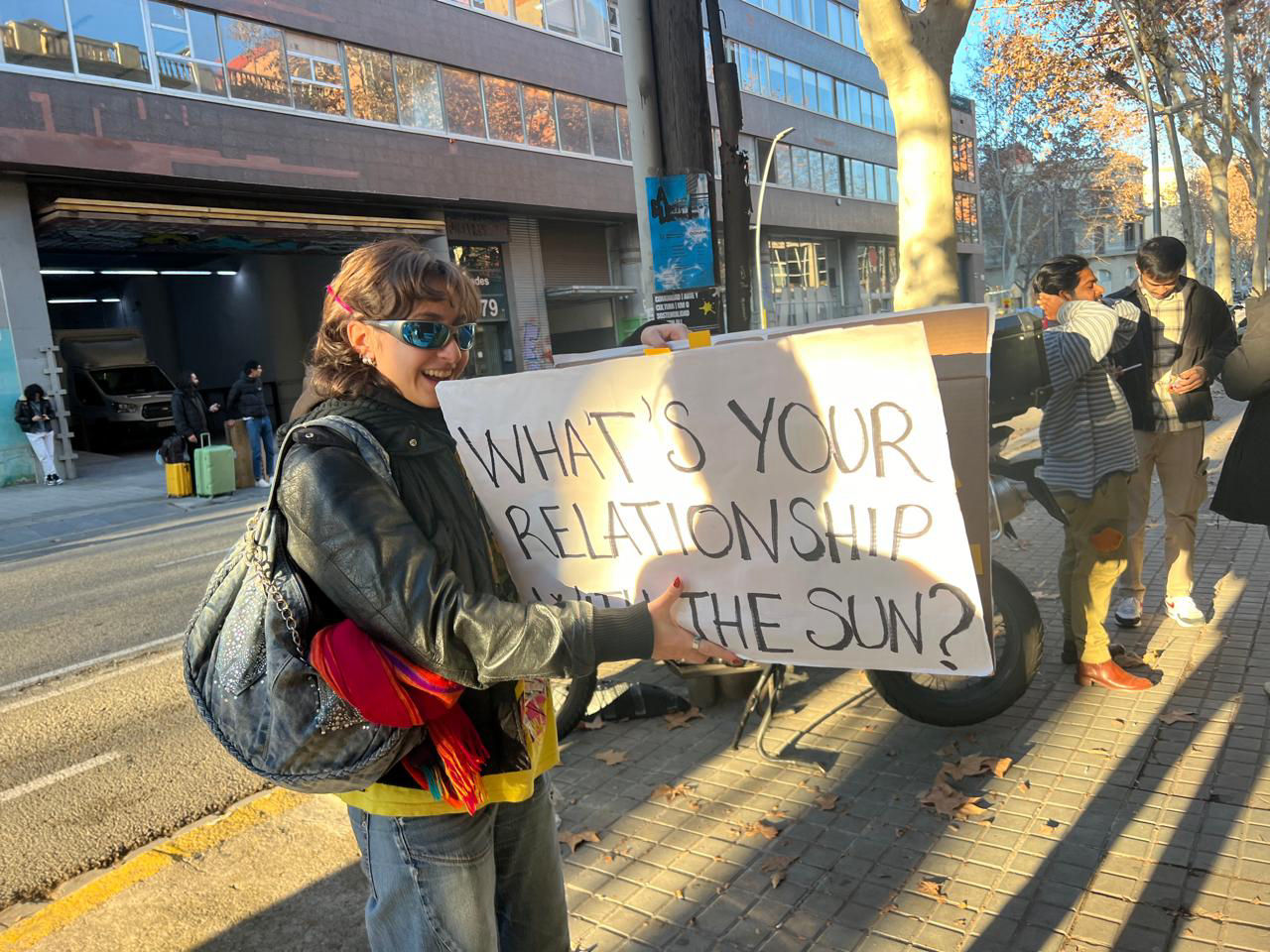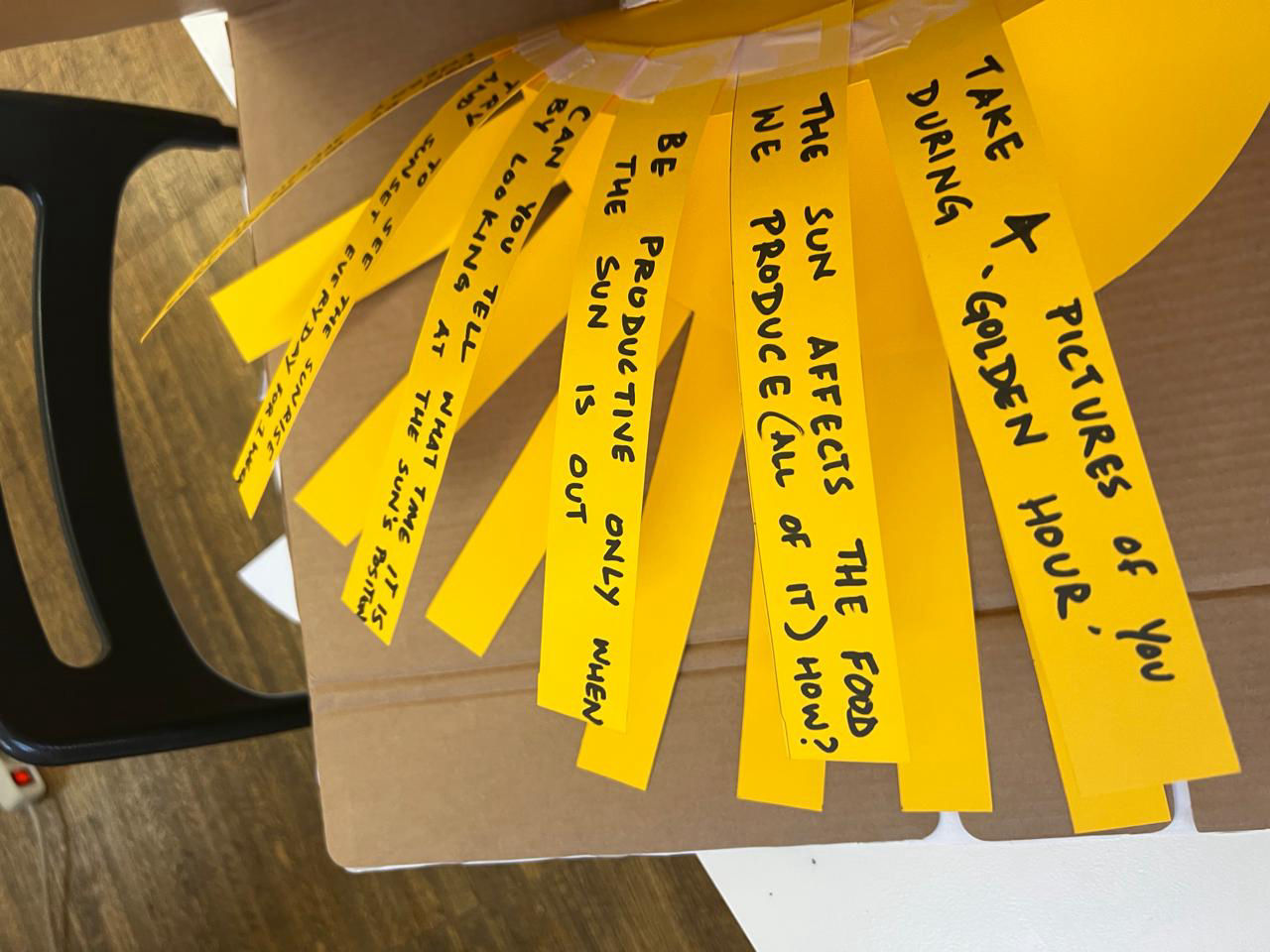Designing in a State of Climate Emergency
The "Designing for a State of Climate Emergency" course, conducted by Andrés Colmenares, was truly enlightening. Andrés, who leads the Responsible AI master's program at Elisava, guided us through profound discussions that prompted deep reflection on our societal position regarding climate change. The course delved into significant topics, beginning with the notion of situated privilege, which encouraged us to contemplate our roles and duties in the world, particularly concerning environmental matters. The conversation around the concept of time was just as stimulating, challenging our conventional views and inspiring us to look beyond the present.
Andrés introduced the concept of degrowth, as defined by Giorgios Kallis, which resonated deeply with me. This idea, advocating for the intentional reduction of production and consumption to improve ecological conditions and fairness worldwide, represents a crucial departure from the norm of perpetual growth. It's a vital perspective shift in the realm of sustainability and environmental stewardship.
Additionally, we explored "solar-centered design," a method urging us to align our design strategies more with the natural world's rhythms and constraints. This approach promotes a more profound symbiosis with nature rather than its exploitation. The course balanced forward-looking insights with a nod to ancestral wisdom, advocating for a revival of simpler, more sustainable living methods. While I value these traditional methods, I also believe that our future strategies must acknowledge the permanent transformations in our culture and technology. We cannot revert to the past; our future, even if simpler, will be inherently distinct from our predecessors' due to these cultural evolutions, particularly as we now possess a more complex systemic understanding than our forebears.
The week was filled with pivotal reflections on the destiny of humanity and our planet, emphasizing the urgent need to reconsider many of our current approaches and ideologies to effectively tackle the climate crisis. This course questioned our preexisting notions and encouraged us to think about how we might contribute to a more sustainable and ethical future.



